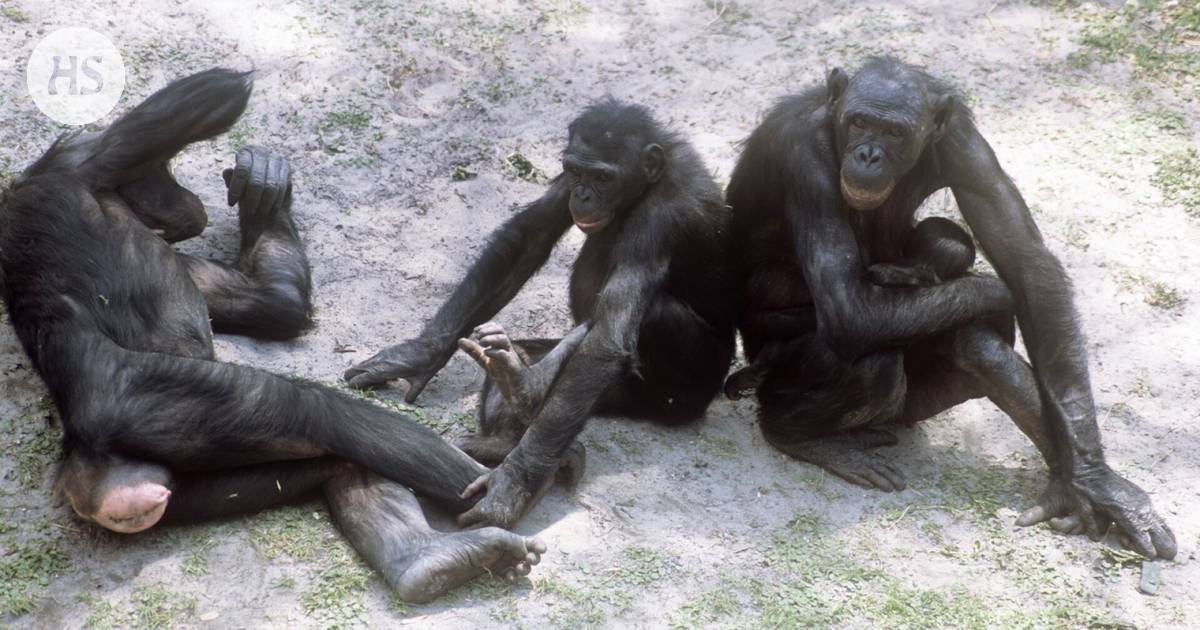From the 1990s, bonobos or pygmy chimpanzees (Pan paniscus) have been characterized as a peaceful and agreeable monkey species. Bonobos settle their disputes through affectionate gestures like kissing, caressing, and sex, with the pack being led by females. In contrast, chimpanzees (Pan troglodytes) are seen as the darker side compared to bonobos, with males competing for leadership and engaging in aggressive behaviors, including potential killings within their species.
There is a constant struggle for food and a strict hierarchy in chimpanzee groups, where bosses eat first and females are taken by force. Males form gangs and fight over territories, while cubs seek refuge from females. Despite the perception of bonobos as peaceful beings, recent research has challenged this notion, suggesting that aggression and competitiveness exist within their species as well.
Some zoologists have proposed that there is more bonobo than chimpanzee in humans, highlighting the need to reassess our understanding of these primates. Primate researcher Maud Mouginot emphasizes that bonobos are not simply “hippie monkeys,” and recent studies have revealed instances of aggression and competition among male bonobos, similar to chimpanzees.
Through extensive observation of bonobos in their natural habitat in the Democratic Republic of the Congo, researchers have documented instances of aggression and conflict within bonobo communities. Male bonobos exhibit aggression towards each other, although the dynamics differ from chimpanzees, with females playing a central role in bonobo social structures.
Despite these new findings, researchers caution against oversimplifying the behavior of bonobos and chimpanzees, as each species has unique social dynamics and survival strategies. Understanding the intricacies of primate behavior can help in conservation efforts and shed light on the complexities of human evolution.
